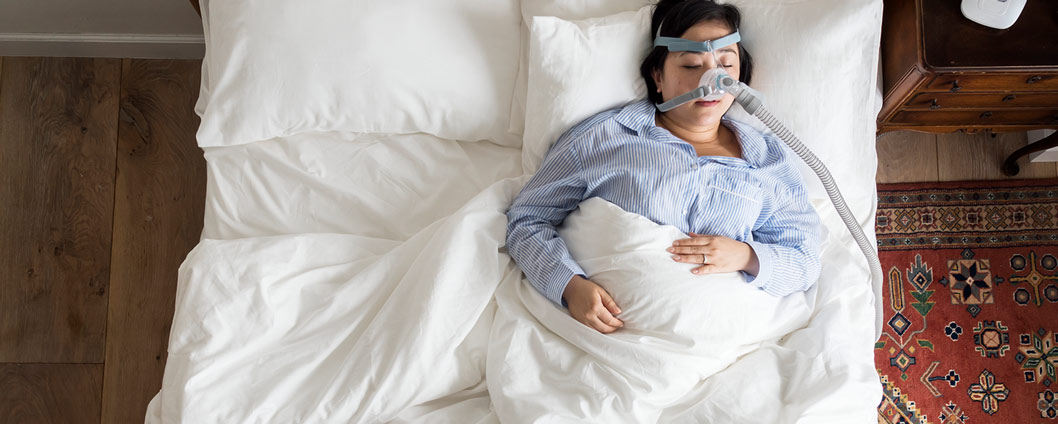Sleep Apnea and Oral Health: The Surprising Link Between Snoring and Your Teeth
Snoring is often dismissed as a harmless nighttime noise, but it can be a symptom of a more serious underlying condition called sleep apnea. Beyond just disrupting sleep, sleep apnea has a surprising connection to your oral health. This blog post will explore the link between sleep apnea and various oral health issues, highlighting the importance of recognizing the signs and seeking appropriate treatment.
What is Sleep Apnea?
Sleep apnea is a sleep disorder characterized by pauses in breathing or shallow breaths during sleep. The most common type is obstructive sleep apnea (OSA), where the soft tissues in the back of the throat collapse and block the airway. Central sleep apnea is less common and involves the brain failing to send proper signals to the muscles that control breathing.
The Connection Between Sleep Apnea and Oral Health:
The connection between sleep apnea and oral health is multifaceted:
- Dry Mouth: Individuals with sleep apnea often breathe through their mouths, leading to chronic dry mouth. Saliva plays a crucial role in protecting teeth from decay and maintaining oral health. Reduced saliva flow increases the risk of cavities, gum disease, and other oral infections.
- Teeth Grinding (Bruxism): Sleep apnea is often associated with bruxism, or teeth grinding. The body may unconsciously grind teeth in an attempt to keep the airway open. Bruxism can lead to tooth wear, jaw pain, headaches, and temporomandibular joint (TMJ) disorders.
- Gum Disease: Studies suggest a link between sleep apnea and gum disease. The inflammation associated with sleep apnea may contribute to gum inflammation and vice versa. Chronic mouth breathing can also dry out gum tissue, making it more susceptible to inflammation and infection.
- Temporomandibular Joint (TMJ) Disorders: The connection between sleep apnea, bruxism, and TMJ disorders is complex. The strain on the jaw muscles from grinding and clenching can exacerbate TMJ pain and dysfunction.
- Increased Risk of Cavities: The reduced saliva flow caused by mouth breathing creates a perfect environment for bacteria to thrive, increasing the risk of cavities.
- Oral Sores and Infections: Dry mouth can make the oral tissues more susceptible to sores and infections.
Signs and Symptoms of Sleep Apnea:
- Loud snoring (though not everyone who snores has sleep apnea)
- Gasping for air during sleep
- Daytime sleepiness
- Morning headaches
- Difficulty concentrating
- Irritability
- Dry mouth
- Sore throat
- Teeth grinding
Signs and Symptoms of Bruxism:
- Waking up with a sore jaw or headache
- Tooth wear, chipping, or cracking
- Increased tooth sensitivity
- Clicking or popping in the jaw joint
- Pain or stiffness in the jaw muscles
Diagnosis and Treatment:
If you suspect you have sleep apnea, it’s essential to see a doctor for diagnosis. A sleep study is typically used to confirm the diagnosis. Treatment options for sleep apnea include:
- Continuous Positive Airway Pressure (CPAP) Therapy: A CPAP machine delivers air pressure through a mask to keep the airway open during sleep.
- Oral Appliances: Oral appliances, such as mandibular advancement devices, can help reposition the jaw and tongue to keep the airway open.
- Surgery: In some cases, surgery may be recommended to remove excess tissue or correct structural problems in the airway.
Managing Oral Health Issues Related to Sleep Apnea:
- Mouthguards: If you grind your teeth, a custom-fitted mouthguard can protect your teeth from damage.
- Saliva Substitutes: If you experience dry mouth, saliva substitutes can help keep your mouth moist and protect against cavities.
- Regular Dental Checkups: Regular dental checkups are essential for monitoring your oral health and addressing any problems related to sleep apnea.
- Good Oral Hygiene: Maintain good oral hygiene habits, including brushing twice a day and flossing daily, to prevent cavities and gum disease.
Sleep apnea and oral health are interconnected. By recognizing the signs and symptoms of sleep apnea and seeking appropriate treatment, you can improve your overall health and protect your smile. Don’t dismiss snoring as a harmless habit – it could be a sign of a more serious condition. Talk to your doctor or dentist if you have any concerns.



